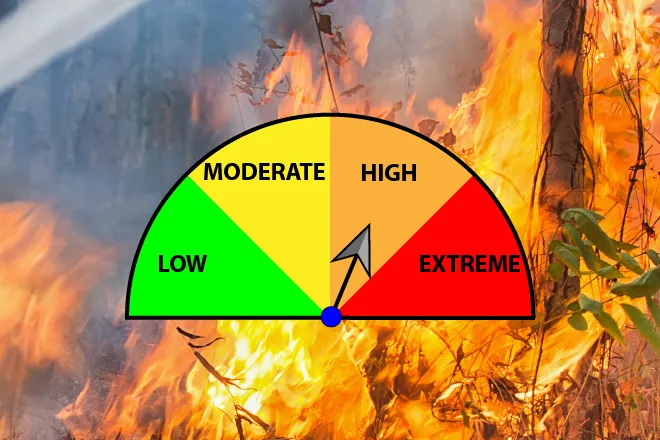
Colorado lawmakers approve bill to require disclosures on AI-generated campaign material
(Colorado Newsline) Colorado candidates will need to disclose if they use generative artificial intelligence in their campaign communications under a bill passed by both chambers of the Legislature.
House Bill 24-1147 passed the Senate on Wednesday on a 24-10 vote and is on its way to the governor’s desk.

It would require political candidates to clearly label advertisements that feature content generated by artificial intelligence. That includes fake voices, videos and images created by a computer to look or sound like an individual, which are known as deepfakes. It is focused on identifying AI-generated political content, rather than controlling its distribution.
Bill sponsors said it is important to regulate this conduct before it becomes pervasive in American campaigning and ahead the onslaught of 2024 election advertisements.
“This is important because this is not a potential harm that is in the distant future. This is a harm that is at our doorstep,” Senator Chris Hansen, a Denver Democrat, said.
Hansen ran the bill in the Senate with Senator Janet Buckner, an Aurora Democrat. In the House, it was sponsored by Democratic Representatives Brianna Titone, an Arvada Democrat, and Junie Joseph, a Boulder Democrat. In that chamber, it passed on a 42-18, mostly party-line vote in early March.
Supporters argue that voters deserve to know if the video they are watching actually features a real person or just a computer-generated version of them saying whatever the creator wants. That false depiction of someone’s speech is akin to misinformation and can be distributed at an unprecedented scale, the bill states.
“A deepfake is analogous to a person being forced to say something in a video recorded under duress, where the victim appears to say something they would not normally say, one through force and the other through deepfake technology,” the bill’s legislative declaration reads. “A voter’s opinion of a candidate may be irreparably tainted by a fabricated representation of a candidate or elected official saying or doing something they did not say or do.”
“We have to be able to judge the candidates that we have for elected office by the actual words they say, not the words that are produced for them by a deepfake,” Titone said during the House debate on the bill.
One of the first major uses of AI in a campaign occurred ahead of this year’s New Hampshire presidential primary, when a Democratic operative sent out an AI-generated robocall to voters that sounded like President Joe Biden encouraging people not to vote. The operative told The Washington Post the deepfake took about 30 minutes to produce.
Since then, the Federal Trade Commission ruled that robocalls with AI-generated voices are illegal and the League of Women Voters filed a lawsuit against the operative, alleging voter intimidation, coercion and deception.
Colorado joins at least 38 other states considering legislation to regulate AI content in political campaigns, according to the advocacy group Voting Rights Lab.
Under the bill, campaigns would need to include a “clear, conspicuous and understandable disclosure” on communications that feature AI, as well as in the content’s metadata. The secretary of state’s office would be in charge of conducting any administrative hearings for complaints regarding AI. That could result in civil penalties.
The AI bill is one of Secretary of State Jena Griswold’s priority legislation this year. Another bill that bans fake elector schemes in Colorado was signed into law by Governor Jared Polis Friday.
Colorado Newsline is part of States Newsroom, a nonprofit news network supported by grants and a coalition of donors as a 501c(3) public charity. Colorado Newsline maintains editorial independence. Contact Editor Quentin Young for questions: info@coloradonewsline.com. Follow Colorado Newsline on Facebook and Twitter.

















